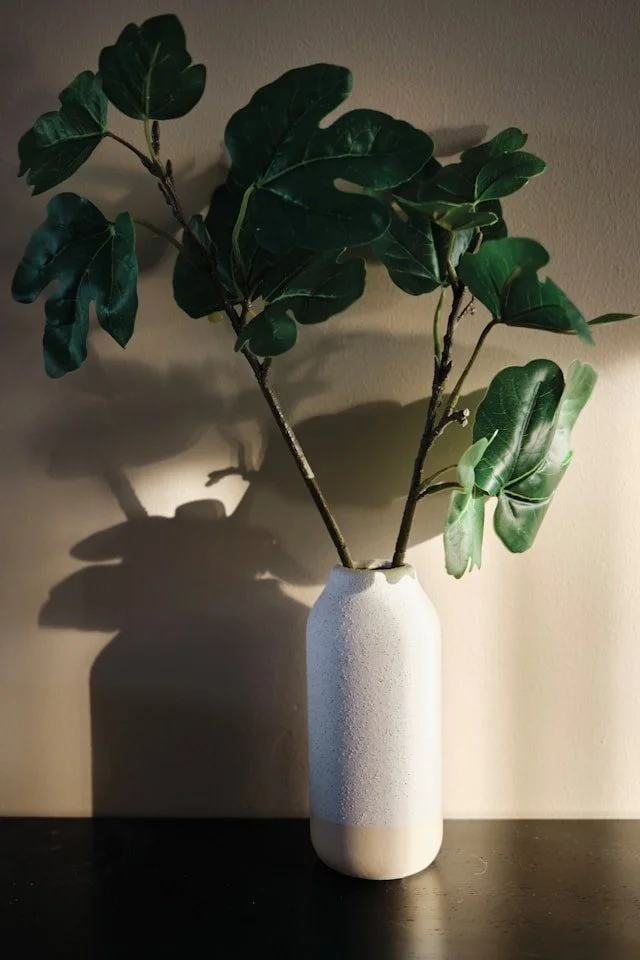Jesus doesn’t use fake plants: Casey McCall writes, “I get the appeal of fake plants. We want the fruit without the work, the aesthetic without the need to provide care. In my house, we’ve killed our fair share of indoor plants by neglecting to provide water and sunlight. Nonetheless, I’d rather have no plants than fake ones.”
Discipline, delight, and staying on the path: Glenna Marshall begins, “My husband and I took our kids on a hike not too long ago, and before we hit the trail, we warned both of our sons to stay on the path at all times. The woods were filled with poison ivy, and one of my sons is quite the explorer. (Actually, he’s a “runner”—you know, the kid who sprints across a parking lot without ever checking for cars.) About an hour into our hike and an hour away from the trailhead, my young runner strayed from the path to grab a large stick from what appeared to be a small ditch.”
Three things that make a husband cringe: Matt Loehr says, “Healthy marriages require learning the skill of managing conflict. It's not something we're born with—it’s something we develop over time. Part of that skill is learning how to confront your spouse in a way that’s both honest and effective. If your confrontations aren't working—or are making things worse—you need to own that and seek a better way.”
Experts vs. imitators: Shane Parrish differentiates the two categories, “Imitators get frustrated when you say you don’t understand. That frustration is a result of being overly concerned with the appearance of expertise—which they might not be able to maintain if they have to really get into the weeds with an explanation. Real experts have earned their expertise and are excited about trying to share what they know. They aren’t frustrated by your lack of understanding; they love your genuine curiosity about something they care about.”
How fake artifacts fooled the world’s best museums: This video shares some complicated and simple forgeries.
Photo by Brandon Cormier on Unsplash
